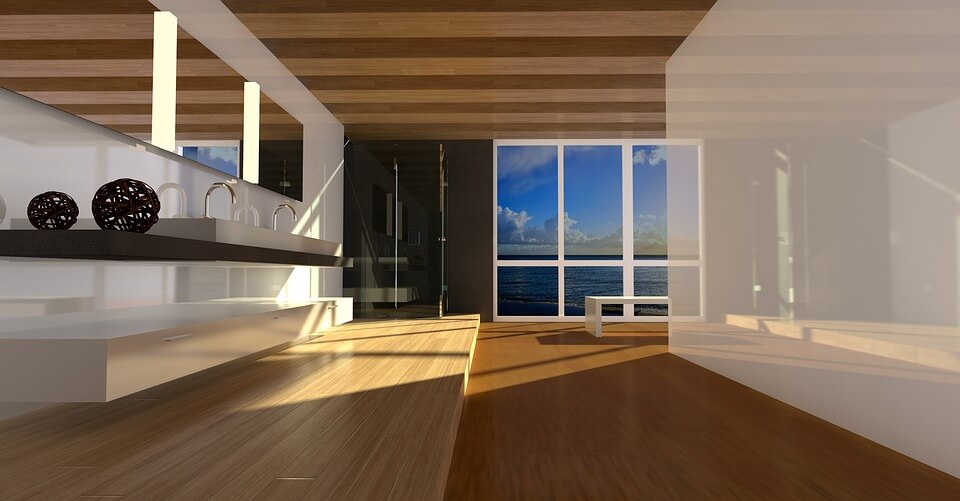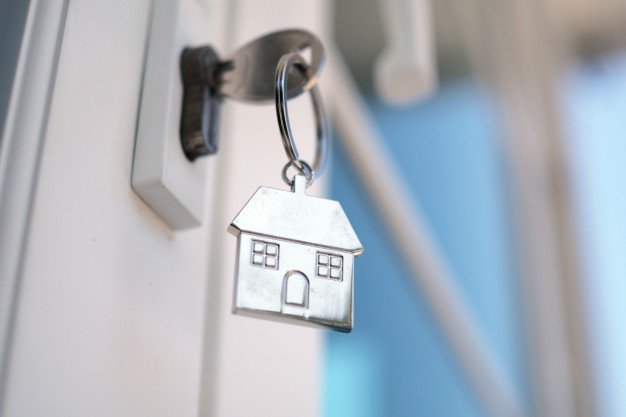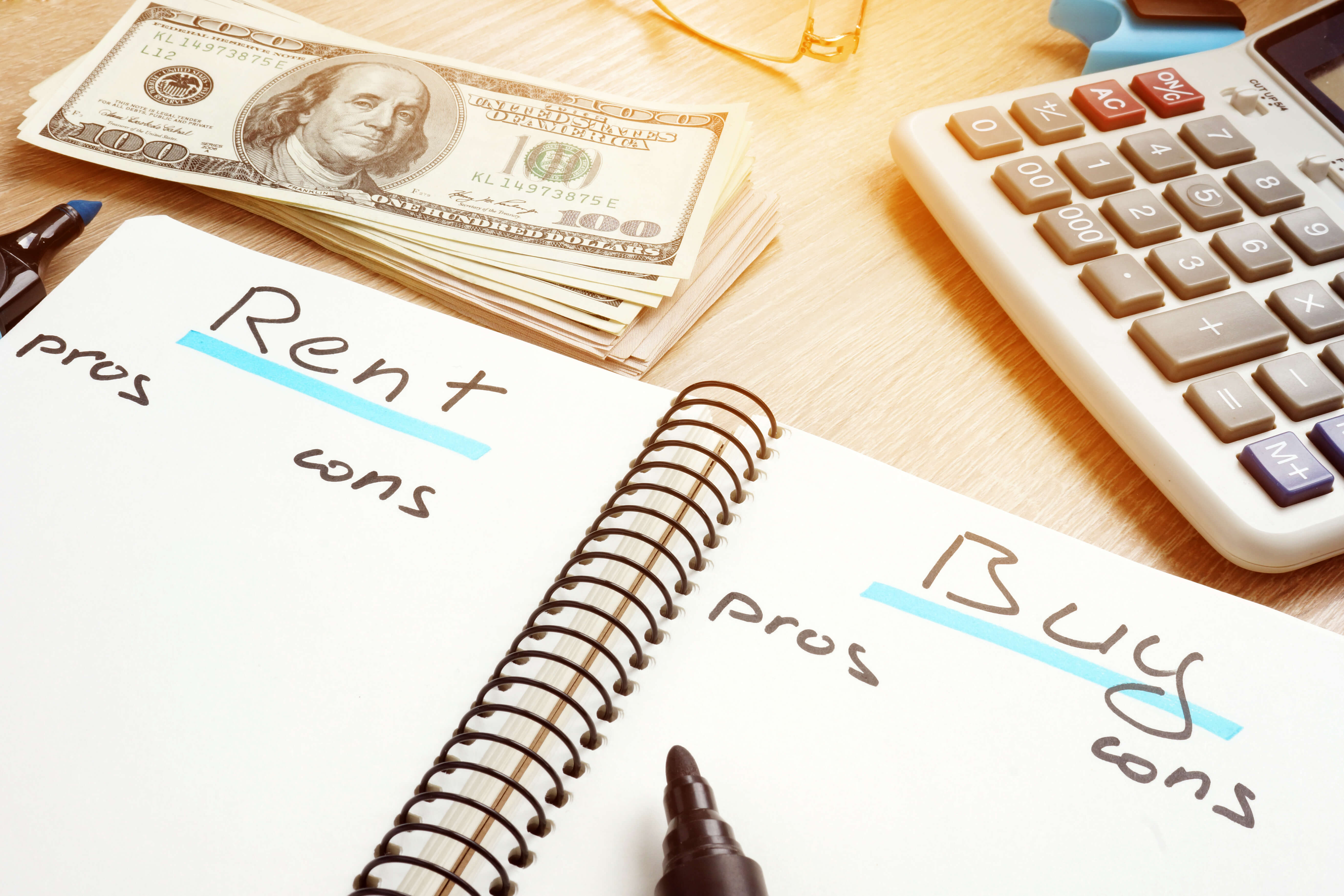People tend to think of real estate in a very direct, narrow sense. We factor our rent into our monthly budgets and see property taxes as only a small slice of the larger bill we pay every year. We rarely think about the fact that real estate and housing costs have incredible ripple effects that dictate the success and failure of several industries.
Consider the housing bubble in the United States and how it eventually prompted the greatest economic setback since the Great Depression. The woes of the housing market permeated into virtually every other facet of the American economy, and they had a gigantic impact on the lives of so many people who felt the pinch in ways that seemingly had little to do with housing.
For business owners, real estate is a much bigger piece of the economic pie than they might initially assume. Though there is little we can do to influence the policies of banks who give out loans or the real estate prices in our markets, we can look at how real estate factors into our bottom lines.
Factoring Real Estate Costs into Your Budget
The first consideration you should make is how property costs will directly impact your budget. A business owner might decide that they are best served to own the property they’re using, or they might find that perhaps their interests are best met by a rental space. Whatever solution you’ve decided is best for your business, don’t forget to factor in the costs of property tax, insurance requirements or legal expenses that you might encounter and how those costs could add to your initial estimates.
Remember that buying a property, especially if you’re building or renovating a commercial space, comes with many costs. You will carry the responsibility for repairs and maintenance, for example. You’ll need to determine whether your business can sustain these costs, and you’ll need to leave room in your budget for unforeseen circumstances.
Your Location Will Also Affect Employees
If you are poised to hire workers, you will also need to consider how your real estate choices might impact them. If you are relocating, will you be able to offer your employees compensation for relocating with you? If you are hiring new employees, will they have to travel to reach your business? The size of your workforce will also dictate the size of your workplace. Remember that if your business will be adding more employees in the near future, you will need to accommodate those workers.
Using Real Estate as a Barometer
If you’re starting, expanding or relocating a business, you might be able to determine what location is most advantageous by looking at real estate prices in your new location. There are many things to consider. Is the area you’re looking at booming, or is it stagnant? If an area is showing signs of growth, can you afford the costs of a property in a competitive real estate market? How much does your business really depend on being located in a prime area of your community?
Being Realistic in Your Expectations
Just like any other decision you’ll be making as a business owner, you’ll need a healthy dose of realism when you are factoring in how real estate will impact your bottom line. Is it reasonable to buy a big, plush location in the most booming part of a city, or is your business model best served by renting a space and keeping costs down until you know how much income you will be generating? In the beginning stages in the life of a business, it is best to cut any expenses that are not absolutely essential to the operation of your company. Find out how many expenses you’ll be facing that you might not currently be factored into the equation, and look at all of your options before making a decision.
Real estate impacts our lives in many ways, some of which might be out of our control. But so many of the decisions that business owners make can be based on predictable costs that we might fail to overlook in the excitement of beginning or expanding a business. Be cautious, realistic and thorough when determining the role property will play in your operations.
Rebekah Damen Lusk a partner at the Maryland law firm Thienel & Lusk, LLC Attorneys at Law. Her practice includes civil litigation, business, employment, landlord/tenant, real estate, family, equine and animal law.
Read More:





















